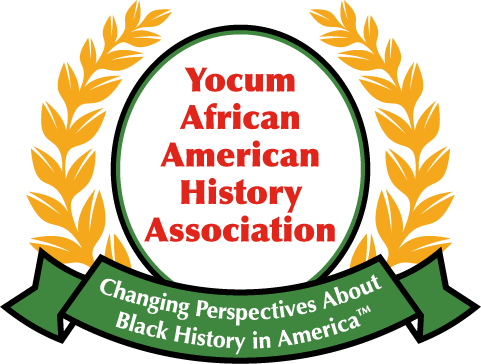In the early 19th Century, Southern Thoroughbred breeders relied on slaves to care for, ride and train horses. After Emancipation slaves remained on the farms and it was their expertise and skill that allowed them to become successful jockeys, trainers and eventually owners. During Reconstruction, black jockeys dominated America’s tracks at the most prestigious races, and in 1875 with the first race at the Kentucky Derby, 13 of the 15 riders were black.
Black jockey, Isaac Burns Murphy, was the first black millionaire athlete who made between $15,000 to $20,000 a year (nearly $1 million in today’s dollars). Other famous black jockeys included Edward Dudley, Jimmy Winkfield, Shelby “Pike” Barnes, and Ansel Williamson. These jockeys were either born into slavery or grew up as children of slaves and infused with a unique understanding of horses’ proficiencies and weaknesses which made them excellent handlers on the tracks.
By 1896, the Supreme Court’s decision in Plessy v. Ferguson endorsing the
“separate but equal” doctrine, led to increased discrimination throughout the
country including its racetracks. So, by 1911 in Kentucky, only two black
jockeys remained. The concerted effort to rid horse racing of black jockeys was
successful, and Jim Crow laws won.

